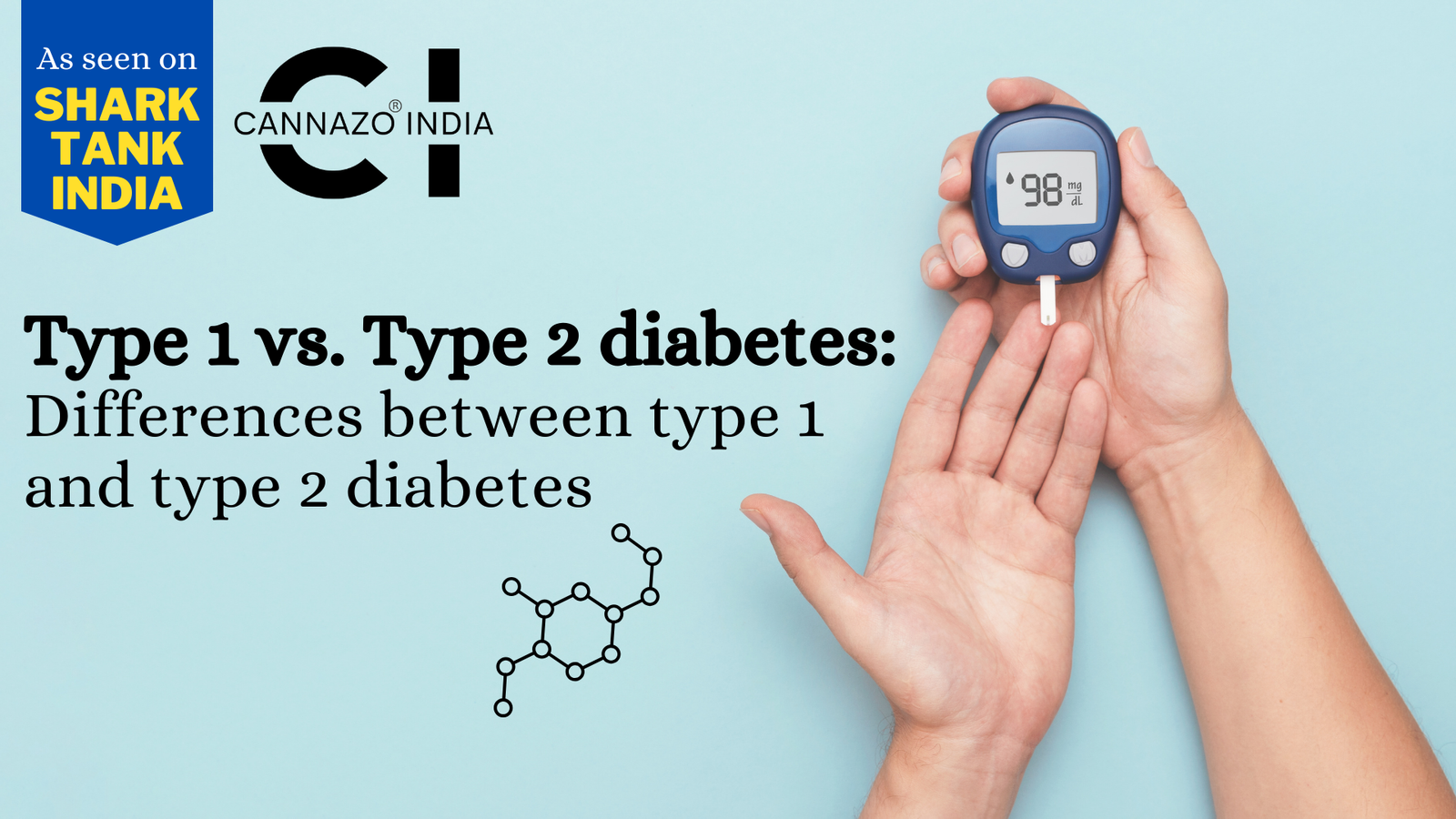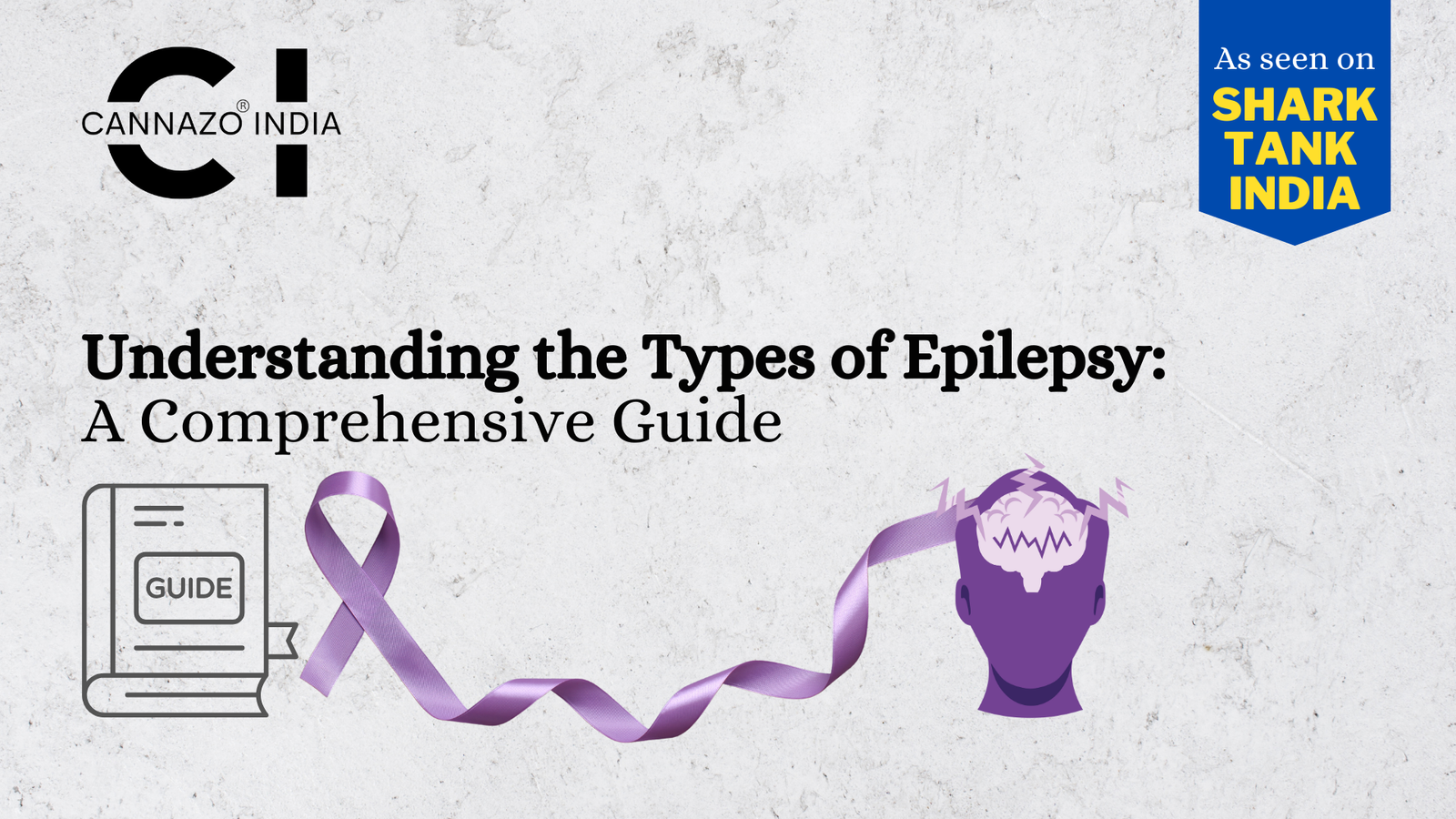Introduction
CBD oil has emerged as a potential aid for weight management, offering various benefits that can support individuals in their journey towards a healthier lifestyle. This comprehensive guide explores the top benefits of using CBD oil for weight management and how it may contribute to achieving and maintaining a healthy weight.
Understanding CBD Oil and Its Mechanisms
CBD, or cannabidiol, is a compound extracted from the cannabis plant. Unlike THC, CBD does not produce psychoactive effects. CBD interacts with the body’s endocannabinoid system (ECS), which plays a crucial role in regulating various physiological processes, including metabolism, appetite, and energy balance. [1], [2]
The ECS consists of cannabinoid receptors (CB1 and CB2) throughout the body. CBD’s interaction with these receptors can influence several factors related to weight management:
- Appetite regulation
- Metabolism
- Fat cell conversion
- Stress and anxiety reduction
Top Benefits of Using CBD Oil for Weight Management
Appetite Regulation
One of the primary benefits of CBD oil for weight management is its potential to regulate appetite. Unlike THC, which is known to increase appetite, CBD may have an appetite-suppressing effect. [1],[3]
This can be particularly beneficial for individuals struggling with overeating or frequent snacking. CBD may influence appetite regulation through its interaction with key hormones:
- Ghrelin: Known as the “hunger hormone,” ghrelin stimulates appetite. CBD may help reduce ghrelin levels, potentially decreasing the urge to eat
- Leptin: Often referred to as the “satiety hormone,” leptin signals fullness to the brain. CBD may enhance leptin’s effects, promoting feelings of satiety and reducing overall calorie intake
By modulating these hormones, CBD oil may help individuals better control their food intake and adhere to a balanced diet. [2]
Improved Metabolism
CBD oil may positively influence metabolism, potentially aiding in weight loss efforts. Research suggests that CBD can affect the body’s fat cells in several ways:
- Brown fat activation: CBD may promote the “browning” of white fat cells. Brown fat is more metabolically active and burns calories to generate heat. [1], [4]
- Mitochondrial function: Some studies indicate that CBD might enhance mitochondrial function, potentially increasing the body’s overall energy expenditure. [1], [5]
- Fat cell conversion: CBD may encourage the conversion of white fat cells (which store energy) into brown fat cells (which burn energy), potentially supporting weight loss.[4]
These metabolic effects could contribute to increased calorie burning, even at rest, making it easier for individuals to achieve and maintain a calorie deficit necessary for weight loss.
Stress Reduction and Hormonal Balance
Stress and anxiety often contribute to weight gain through emotional eating and hormonal imbalances. CBD oil has shown promise in reducing stress and anxiety levels, which may indirectly support weight management efforts. [5]
By promoting relaxation and improving mood, CBD may help individuals:
- Reduce stress-related eating
- Improve sleep quality, which is crucial for maintaining a healthy weight
- Balance cortisol levels, a stress hormone that can contribute to weight gain when chronically elevated
Support for Active Lifestyles
For those engaging in regular exercise as part of their weight management plan, CBD oil may offer additional benefits:
- Reduced inflammation: CBD’s anti-inflammatory properties may help alleviate exercise-induced inflammation and soreness, potentially allowing for quicker recovery and more consistent workouts
- Improved focus and energy: Some users report increased focus and energy levels when using CBD, which could contribute to more effective workouts
Blood Sugar Regulation
Maintaining stable blood sugar levels is crucial for weight management and overall health. Some research suggests that CBD may help improve insulin sensitivity and reduce the risk of diabetes, which are closely linked to weight management.[4]
By potentially supporting better blood sugar control, CBD oil may help:
- Reduce cravings for sugary foods
- Stabilize energy levels throughout the day
- Decrease the likelihood of fat storage due to high insulin levels
How to Use CBD Oil for Weight Management
When incorporating CBD oil into a weight management plan, consider the following guidelines:
- Start with a low dose: Begin with a small amount (e.g., 5-10 mg per day) and gradually increase as needed
- Choose a high-quality product: Look for CBD oils that are third-party tested and provide a certificate of analysis (COA)
- Consistency is key: Regular use may be more effective than sporadic consumption.
- Combine with a healthy lifestyle: CBD oil should complement, not replace, a balanced diet and regular exercise routine.
- Consider timing: Some users find taking CBD oil before meals helps reduce appetite, while others prefer using it before bedtime to improve sleep quality.
Precautions and Considerations
While CBD oil shows promise for weight management, it’s essential to keep the following in mind:
- Consult a healthcare professional: Especially if you have existing health conditions or are taking medications.
- Potential side effects: While generally well-tolerated, CBD can cause side effects such as dry mouth, diarrhoea, and changes in appetite or weight. [1]
- Drug interactions: CBD may interact with certain medications, particularly those metabolized by the liver. [6]
- Legal status: Ensure CBD oil is legal in your area and contains less than 0.3% THC to comply with regulations.[1]
Conclusion
CBD oil offers several potential benefits for weight management, including appetite regulation, improved metabolism, stress reduction, and support for active lifestyles. While research is ongoing, many individuals have reported positive experiences using CBD oil as part of their weight management efforts. However, it’s crucial to approach CBD oil use for weight management as part of a comprehensive strategy that includes a balanced diet, regular exercise, and healthy lifestyle habits. As with any supplement, consult with a healthcare professional before incorporating CBD oil into your weight management plan, especially if you have existing health conditions or are taking medications. By understanding the potential benefits and proper usage of CBD oil, individuals can make informed decisions about whether it may be a suitable addition to their weight management journey. As research continues to evolve, we may gain even more insights into how CBD can support healthy weight management and overall well-being.
References
















































































































